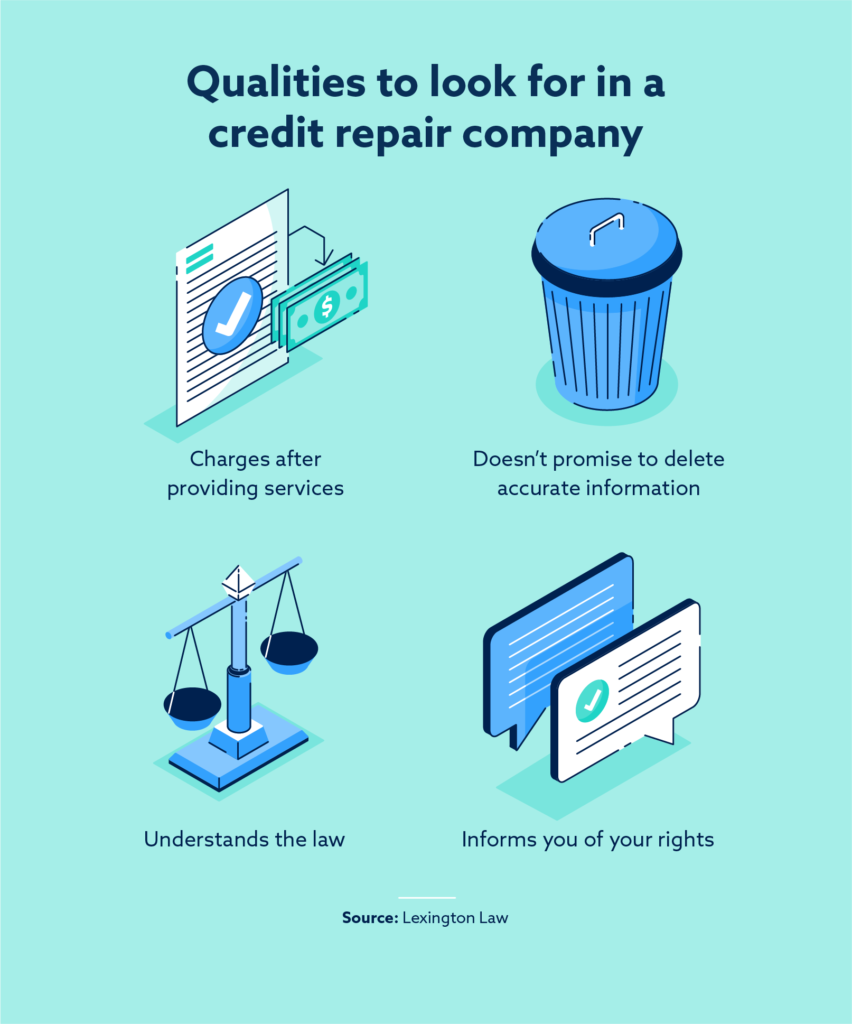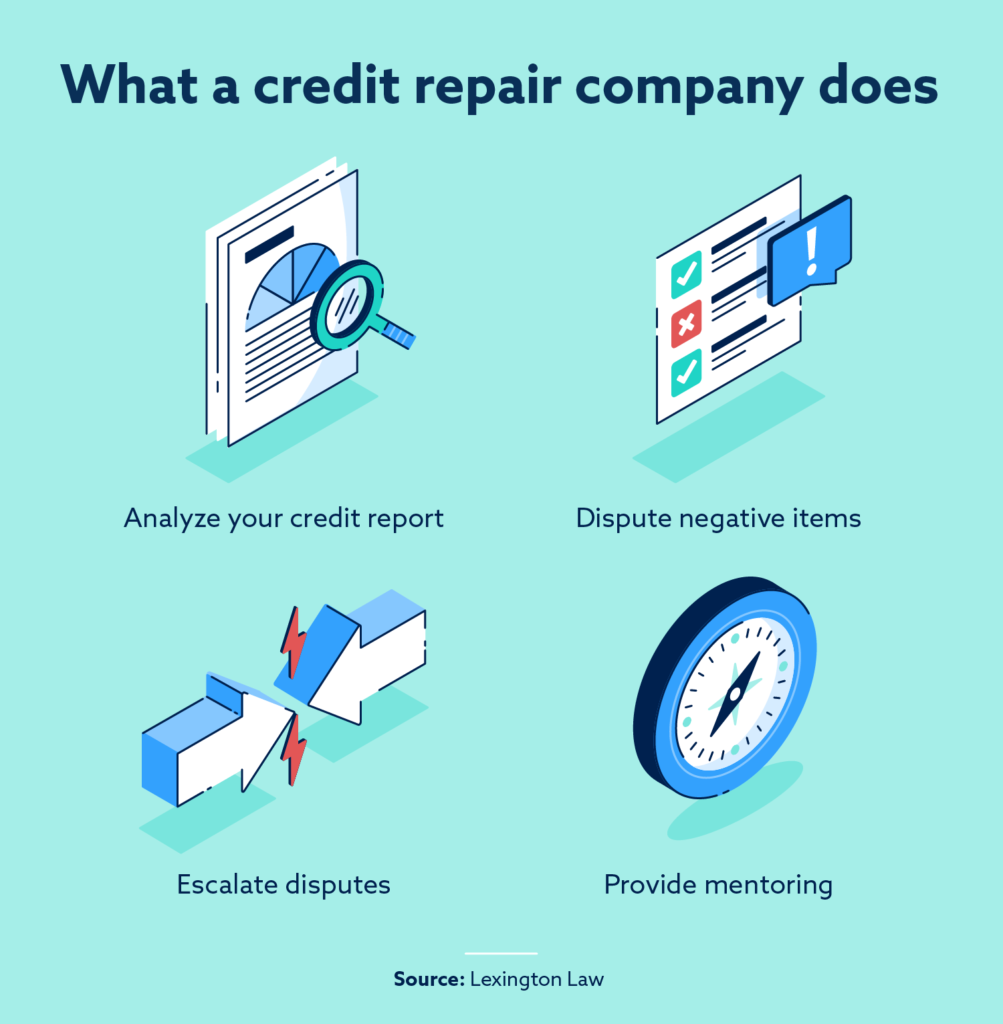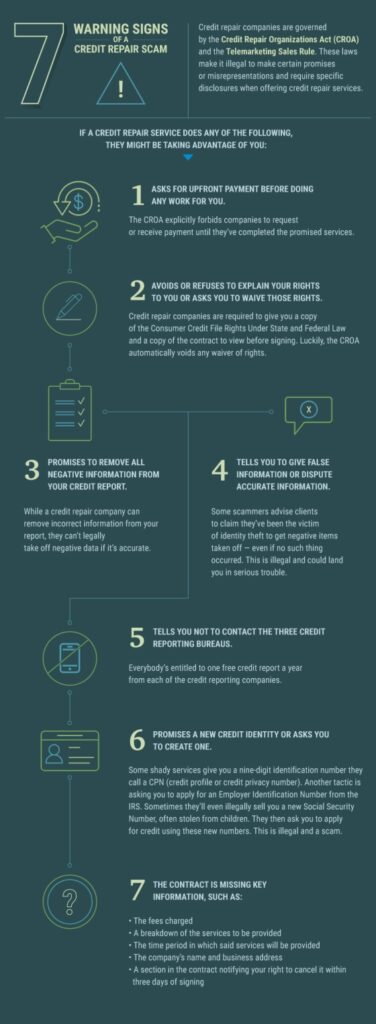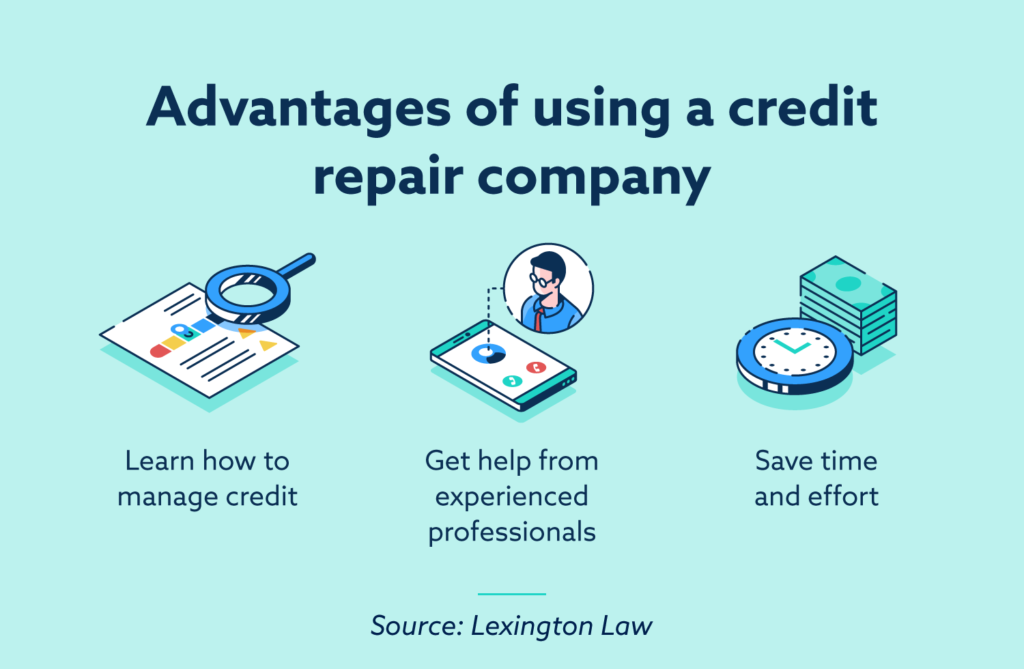If you’re looking to repair your credit, you may be wondering if there are any legitimate credit repair companies out there, and if so, how do you choose the right one? These are common questions that many people have when they are starting their credit repair journey. In this article, we will delve into the topic of credit repair in detail to help you understand how it works, its impact on your credit scores, and the factors that can negatively affect your credit. We will also address concerns about the duration of negative information on your credit reports, the possibility of removing it, and whether professional help is necessary or if self-repair is feasible. Additionally, we will discuss practical steps you can take to initiate credit improvement, such as disputing inaccuracies on your credit reports and paying off debts in collections. We will also touch upon the timeline to expect results from your credit repair efforts and the potential risks and scams to be aware of. By the end of this article, you will have the knowledge and confidence to choose the right credit repair company or pursue self-repair options to secure a better financial future.
How Does Credit Repair Work?
Credit repair is a process aimed at improving one’s credit score and overall financial standing. It involves identifying and resolving any inaccuracies or errors on credit reports that may be negatively impacting creditworthiness. The process typically involves the following steps:
-
Assessing Your Credit Reports: Start by obtaining copies of your credit reports from the three major credit bureaus – Equifax, Experian, and TransUnion. Review these reports carefully, looking for any errors, discrepancies, or fraudulent accounts.
-
Identifying Inaccuracies: Once you have your credit reports in hand, identify any inaccuracies such as incorrect personal information, fraudulent accounts, or errors in payment history. These inaccuracies can be disputed with the credit bureaus to have them corrected or removed.
-
Disputing Inaccuracies: To dispute inaccuracies, you will need to gather evidence supporting your claim and submit a dispute letter to the credit bureaus. The credit bureaus are legally obliged to investigate your claim and make corrections or remove any inaccuracies within a reasonable time frame.
-
Communicating with Creditors: In some cases, it may be necessary to communicate directly with the creditors who are reporting the inaccurate information. Provide them with the evidence supporting your claim and request that they update the information they have reported to the credit bureaus.
-
Monitoring and Persistence: Credit repair is not a quick fix, and it requires ongoing monitoring and persistence. Regularly check your credit reports to ensure that inaccuracies have been corrected, and continue to communicate with credit bureaus and creditors until the desired outcome is achieved.
Understanding the Impact on Credit Scores
Your credit score is a numerical representation of your creditworthiness. It is used by lenders, landlords, and other financial institutions to assess your ability to repay debts. Several factors influence your credit score, including:
-
Payment History: Your payment history is one of the most significant factors affecting your credit score. Late payments, defaults, and accounts in collections can have a significant negative impact.
-
Credit Utilization: Credit utilization refers to the percentage of your available credit that you are currently using. High credit utilization can suggest financial instability and can lower your score.
-
Length of Credit History: The length of your credit history also affects your credit score. A longer credit history demonstrates a more established financial background and is generally viewed positively by creditors.
-
Credit Mix: Having a balanced mix of credit types, such as credit cards, loans, and mortgages, can have a positive impact on your credit score.
-
New Credit Inquiries: Applying for multiple new credit accounts within a short period can raise concerns about your financial stability and can negatively impact your credit score.
Understanding these factors can help you identify areas for improvement and take steps to boost your credit score.

This image is property of www.lexingtonlaw.com.
Factors That Negatively Affect Credit Scores
Several factors can have a negative impact on your credit score. It is essential to be aware of these factors to avoid actions that can harm your creditworthiness. The following are examples of factors that can negatively affect your credit score:
-
Late Payments: Making late payments on loans, credit cards, or other debts can significantly lower your credit score. It is crucial to make payments on time to maintain a good credit standing.
-
High Credit Utilization: Using a large percentage of your available credit can suggest financial instability and can lower your credit score. It is advisable to keep your credit utilization below 30%.
-
Collections and Defaults: When an account is sent to collections or charged off as a default, it can have a severe negative impact on your credit score. These negative marks can stay on your credit report for up to seven years, significantly impacting your creditworthiness.
-
Bankruptcy: Filing for bankruptcy is one of the most damaging events for your credit score. It can stay on your credit report for up to ten years and make it challenging to obtain credit in the future.
-
Foreclosure and Repossession: Having a home foreclosed upon or a vehicle repossessed can significantly lower your credit score and make it challenging to secure future credit.
It is crucial to be mindful of these factors and take steps to improve your credit standing.
Duration of Negative Information on Credit Reports
Negative information, such as late payments, collections, and bankruptcies, can stay on your credit report for varying periods. Generally, negative information can remain on your credit report for up to seven years, while bankruptcies can stay for up to ten years. However, it is important to note that the impact of negative information diminishes over time.
While negative information can be detrimental to your credit score and overall creditworthiness, the effect lessens as time goes by, especially if you demonstrate responsible financial behavior during that time. Initiating credit repair efforts and maintaining positive financial habits can help mitigate the impact of negative information on your credit report.

This image is property of www.lexingtonlaw.com.
Finding Reliable Credit Repair Companies
When it comes to credit repair, it is essential to be cautious of potential scams and fraudulent practices. While there are legitimate credit repair companies that can help you navigate the process, it is crucial to do your due diligence and choose a reputable and reliable company. Here are some tips to help you find a reliable credit repair company:
-
Research and Reviews: Begin by researching different credit repair companies and reading reviews from past clients. Look for feedback on their success rates, customer service, and ethical practices.
-
Accreditation and Certification: Check if the credit repair company is accredited by organizations such as the Better Business Bureau (BBB) or the National Association of Credit Services Organizations (NACSO). Accreditation can be an indicator of a company’s commitment to ethical standards.
-
Clear Pricing and Services: A reputable credit repair company should provide transparent information about their pricing structure and the specific services they offer. Be wary of companies that make unrealistic promises or charge exorbitant fees upfront.
-
Consultation and Customized Approach: Look for a company that offers a free consultation to assess your unique credit situation. A reputable credit repair company should develop a customized plan tailored to your specific needs and goals.
-
Contract and Legal Compliance: Read the company’s contract carefully, ensuring it complies with all legal requirements. Pay attention to cancellation policies and any guarantees provided.
By conducting thorough research and due diligence, you can find a reliable credit repair company that can assist you in navigating the credit repair process effectively.
Necessity of Professional Help vs Self-Repair
Deciding between seeking professional help or pursuing credit repair on your own depends on your personal circumstances and comfort level. While self-repair is a viable option for some, others may benefit from the expertise and guidance of a professional credit repair company. Consider the following factors when making your decision:
-
Complexity of Your Credit Situation: If your credit situation is relatively straightforward, with only a few minor inaccuracies, self-repair may be sufficient. In such cases, reviewing your credit reports, disputing errors, and maintaining responsible financial habits can improve your credit score over time.
-
Time and Resources: Credit repair can be a time-consuming process that requires patience and attention to detail. If you have limited time or lack the knowledge and expertise to navigate the process effectively, seeking professional help may be beneficial.
-
Expertise and Industry Knowledge: Reputable credit repair companies have extensive knowledge of credit laws and are familiar with the best strategies to tackle complex credit issues. They can provide guidance, dispute inaccuracies, and negotiate with creditors on your behalf.
-
Relationships with Credit Bureaus and Creditors: Professional credit repair companies often have established relationships with credit bureaus and creditors. This can help streamline the dispute process and improve the chances of achieving favorable outcomes.
Ultimately, the decision between self-repair and seeking professional help depends on your unique circumstances. Consider your comfort level, the complexity of your credit situation, and the resources available to you before making a decision.

This image is property of img.money.com.
Disputing Inaccuracies on Credit Reports
Disputing inaccuracies on your credit report is an essential step in the credit repair process. By identifying and correcting any errors, you can help improve your credit score and ensure the accuracy of your credit history. Here are the steps to dispute inaccuracies on your credit reports:
-
Obtain Your Credit Reports: Start by obtaining copies of your credit reports from the three major credit bureaus (Equifax, Experian, and TransUnion). You are entitled to one free copy of each report per year from AnnualCreditReport.com.
-
Review Your Reports: Carefully review each report and identify any inaccuracies, such as incorrect personal information, fraudulent accounts, or errors in payment history.
-
Gather Supporting Documentation: Collect any documentation that supports your claim of inaccuracy. This can include bank statements, payment receipts, or any correspondence with creditors or credit bureaus.
-
Write a Dispute Letter: Draft a dispute letter to the credit bureau(s) reporting the inaccurate information. Be clear and concise in your letter, providing details of the inaccuracies and attaching any relevant documentation. Include your contact information, account numbers, and the specific changes you are requesting.
-
Send the Dispute Letter: Send your dispute letter via certified mail with a return receipt requested. This provides proof that the credit bureau received your letter.
-
Follow Up and Document: Keep a record of all communications with the credit bureaus and any responses you receive. If the inaccuracies are not resolved within 30 days, you have the right to escalate your dispute and seek further action.
By following these steps and being persistent, you can dispute inaccuracies on your credit reports and potentially improve your credit score.
Effect of Settling or Paying Off Debts in Collections
When it comes to credit repair, paying off or settling debts that are in collections can have both positive and negative effects on your credit score. While resolving these debts can be a responsible financial move, it is important to understand how it can impact your credit. Consider the following:
-
Positive Impact: Paying off or settling a debt in collections demonstrates responsible financial behavior. It shows lenders and credit bureaus that you are taking steps to repay your debts and can have a positive impact on your creditworthiness.
-
Removal of Collections: Resolving a debt can lead to the removal of the collection account from your credit report. This can improve your credit score as the negative mark associated with the collection account is removed.
-
Limitations on FICO Score: It is important to note that the FICO scoring model does not consider whether a collection account has been paid off or settled. This means that while resolving the debt can improve your creditworthiness, it may not have a significant impact on your FICO credit score.
-
Timeframe for Improvement: It takes time for positive actions, such as paying off or settling debts in collections, to be reflected in your credit score. It may take several months or even years for your credit score to reflect the positive impact of debt resolution.
Before making a decision about settling or paying off debts in collections, it is advisable to consult with a financial advisor or credit repair professional. They can provide guidance based on your unique financial circumstances and goals.

This image is property of www.lexingtonlaw.com.
